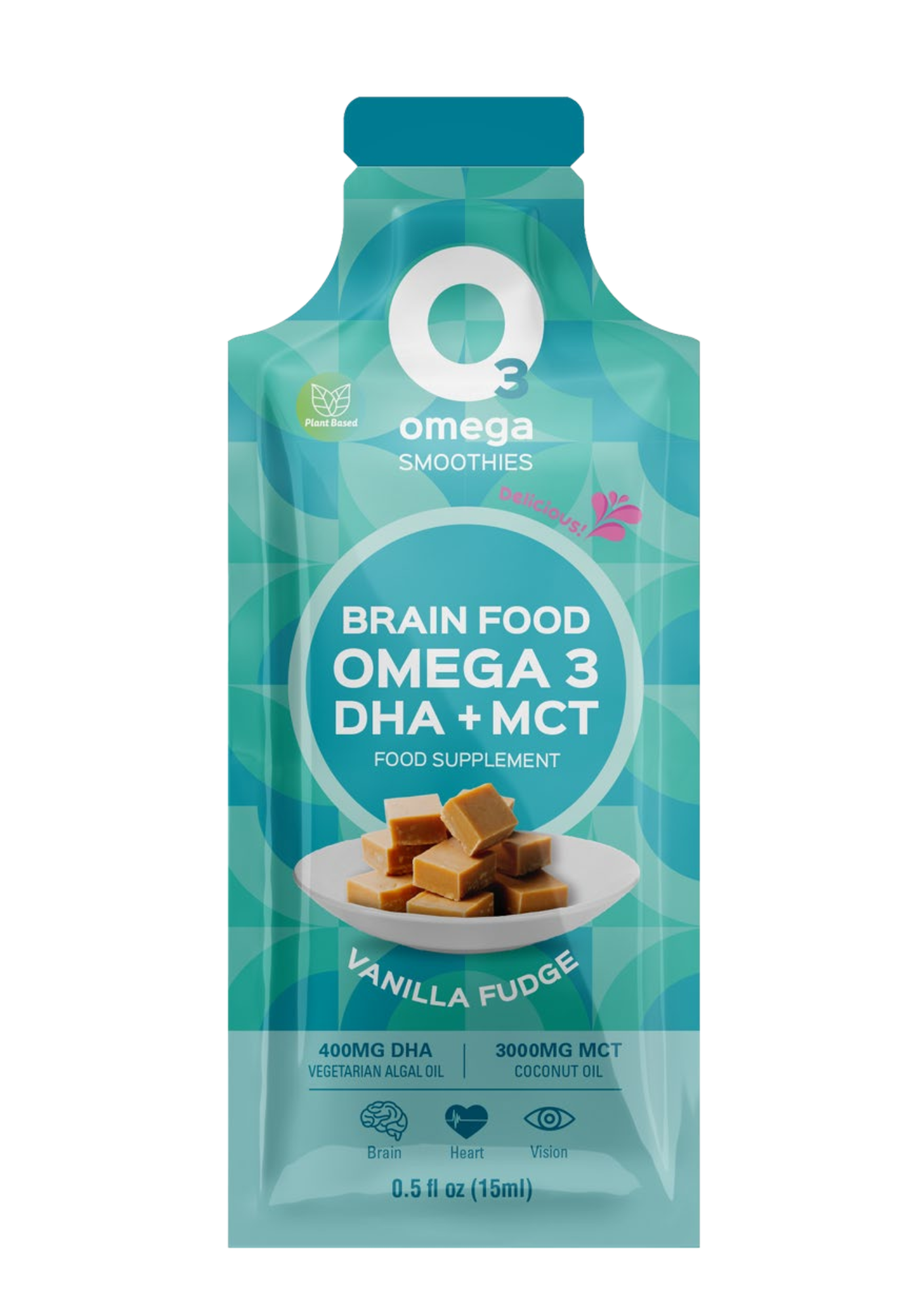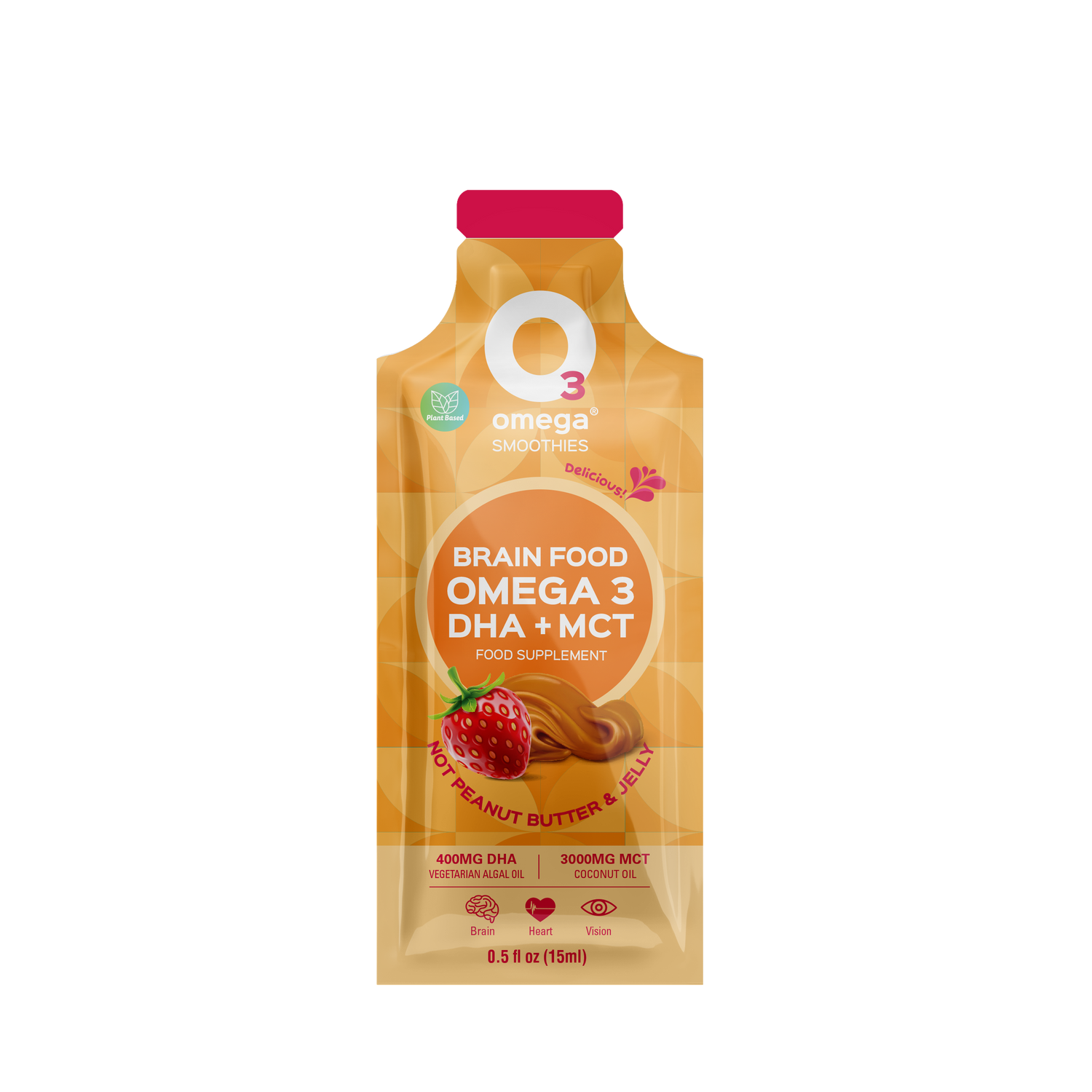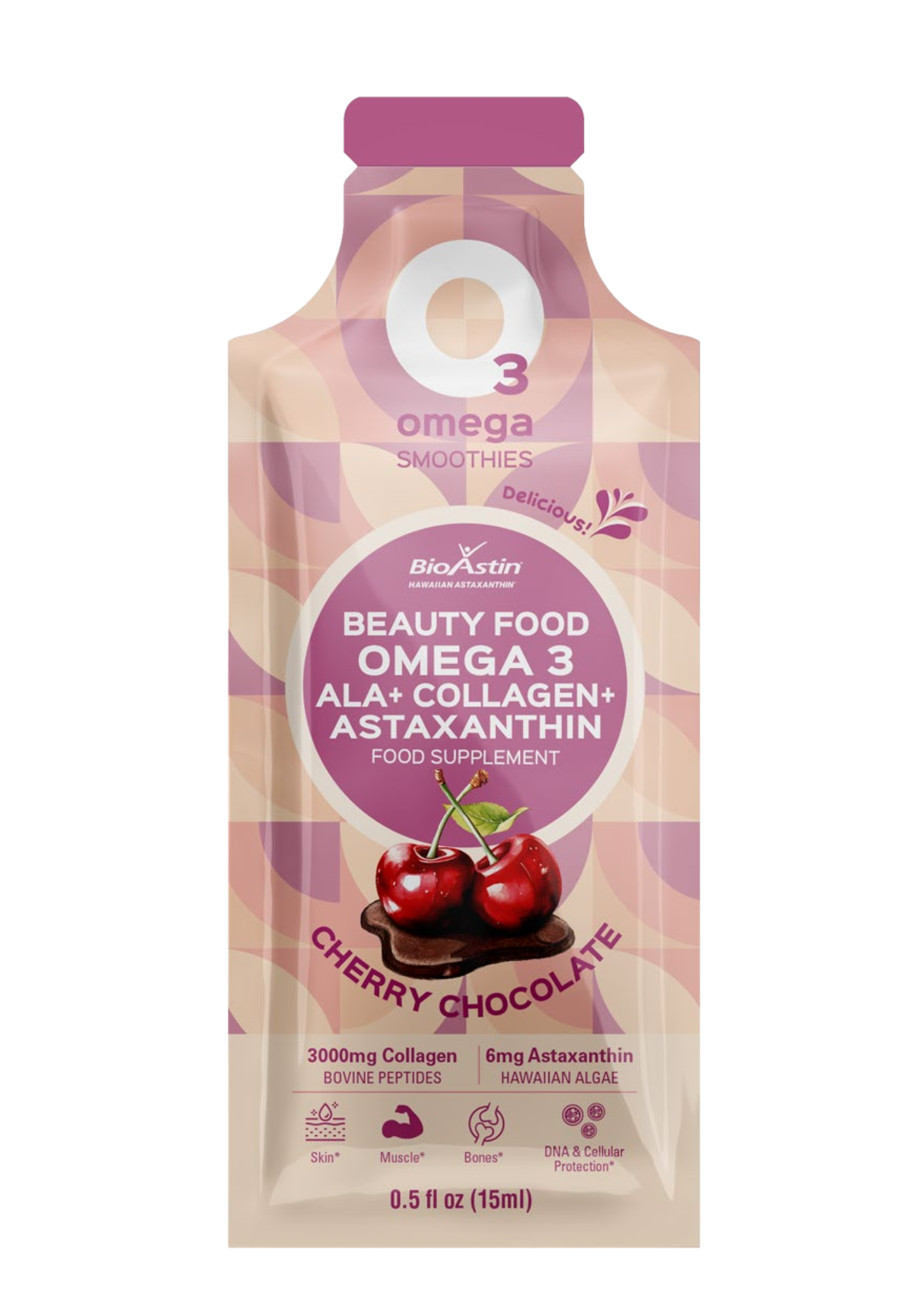Did you know that not all omega 3s are created equal? If you're relying on flax seeds, chia, or walnuts for your omega 3 intake, it's time for a nutrition wake-up call.
The Conversion Conundrum
Here's a startling fact: your body only converts about 3.8% of plant-based omega 3s (ALA) into the form your brain actually craves - DHA. And if your diet is packed with processed foods? That number plummets to a mere 1.9%.
Let's put this into perspective. You'd need to consume over 70 tablespoons of flax seeds to get the same amount of DHA found in just 200g of fish. Who has time for that kind of seed-munching marathon?

The Processed Food Trap
Modern diets are making this omega 3 conversion even more challenging. Those vegetable oils you're cooking with? They're sabotaging your efforts. The more omega 6 you consume, the harder it becomes for your body to convert ALA to DHA.
Here's a reality check: that tablespoon of flax seeds you're religiously adding to your morning smoothie? It contains 1,600mg of ALA, but your body will only convert a measly 30-60mg into usable DHA.

The Plant-Based Superhero: Algae
Enter algae - the plant-based omega 3 superhero you didn't know you needed. Unlike other plant sources, algae provides DHA directly. No conversion required. In fact, it's the exact same source where fish get their DHA from.

The Bottom Line
The source of your omega 3s matters more than the quantity. Why take the scenic route through inefficient conversion when you can go straight to the source?
Our Solution: Cutting Through the Confusion
This is exactly why we created O3 Smoothies using algae-derived DHA. We're bringing you omega 3s your brain and body needs, without the conversion complications.
Pro Tip: If you're vegan, vegetarian, or just looking to optimize your omega 3 intake, algae-derived supplements are your new best friend.
Follow us for more no-nonsense nutrition science - explained in human terms.






0 comments